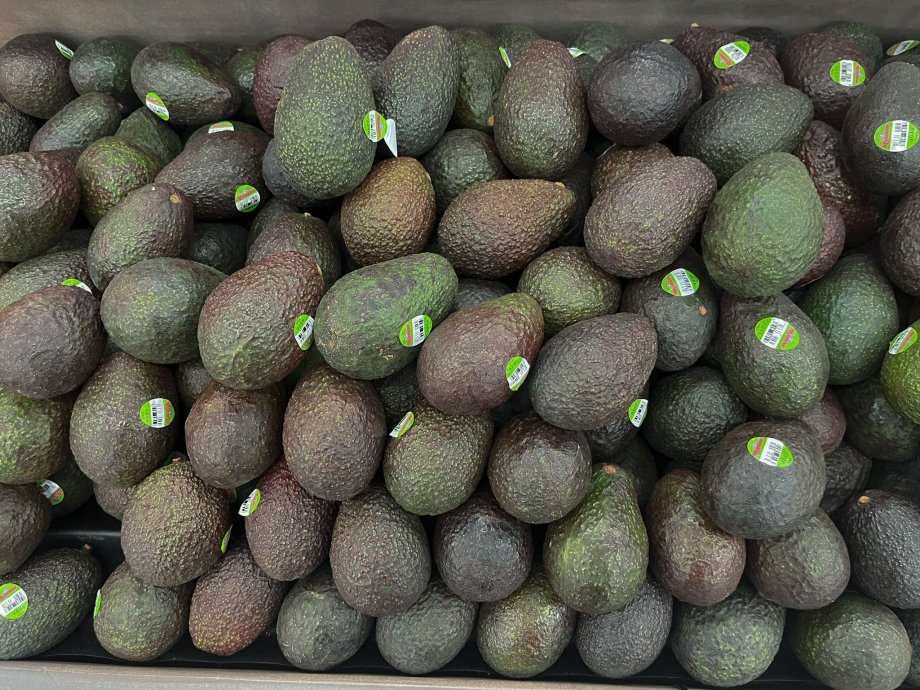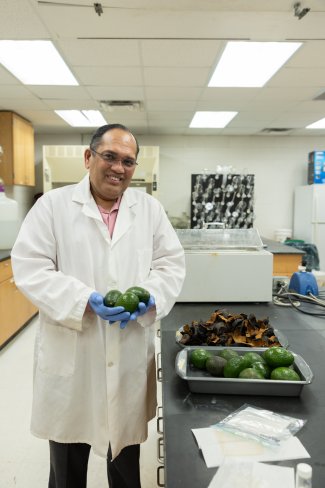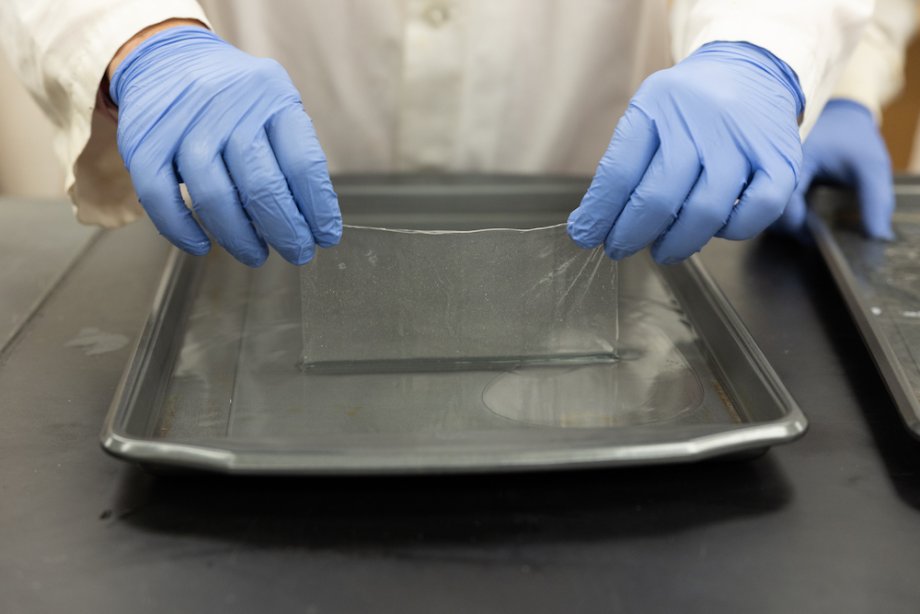
Over the past two decades, the United States has been importing more and more avocados each year, underlining a growing obsession with the nutrient-dense fruit. Simultaneously, the U.S. and the rest of the world have been dealing with a growing environmental crisis spurred on by an overreliance on plastic. Could avocados — specifically avocado peels — provide a potential solution?

According to a study conducted by Srinivas Janaswamy, an associate professor in South Dakota State University's Department of Dairy and Food Science, and Shafaet Ahmed, a graduate research assistant working under Janaswamy's tutelage, the fibers of avocado peels could possibly be used to make biodegradable films — something that could ultimately replace plastic as a packaging material.
"Plastic's inability to biodegrade has amassed waste, known as white pollution, causing severe environmental damage," Janaswamy said. "Consequently, the demand for alternate, environment-friendly, biodegradable, clean and green plastic-replacing material is rising."
Janaswamy began this work over two years ago after receiving funding from the U.S. Department of Agriculture to create a strong, sustainable and flexible packaging material that biodegrades relatively quickly and is made from agricultural residues.
While plastics are a desirable packaging material used in nearly every sector of American life, it takes nearly 700 years for plastic to biodegrade in the environment. Further, less than 20% of plastics are recycled. Plastic pollution is a worldwide problem, and finding potential solutions continue to be a focal point for researchers.
"We cannot even imagine our lives without plastic right now," Ahmed said. "From the morning until the evening, we are constantly using plastic. A viable alternative needs to be addressed, and biodegradable films from bio-based materials are a prudent choice."
Cellulose extraction
Previous research has found cellulose, an agricultural biomass, to have properties that make it a suitable replacement candidate for plastic. Cellulose is also widely available, with almost 700 billion tons produced annually. A large majority originates from fruit residue, like avocado peels, which are approximately 28% cellulose.
For this project, the researchers extracted cellulose fibers from the avocado peel to create a powdered peel extract. A "green" chemical modification process then improved the properties of the extract and made the film more suitable for packaging. The films had both strong and transparent properties.
"Our avocado peel fiber films are strong and biodegrade within 30 days at 22% soil moisture," Janaswamy said.

The films made by the research team were five times stronger than polyethylene, one of the most widely produced plastics in the world.
"The outcome opens up novel opportunities for developing plastic replacement and biodegradable packaging films," Janaswamy added.
The results of this research provide Janaswamy and Ahmed with future avenues for their work. They will now work to improve the properties of their films while also studying what role plasticizers may play in biodegradable packaging.
Funding for this project was provided by the USDA National Institute of Food and Agriculture. This study was published in an edition of Industrial Crops and Products, an academic journal, earlier this year.
- Contact:
- Telephone number: 605-688-6161
Republishing
You may republish SDSU News Center articles for free, online or in print. Questions? Contact us at sdsu.news@sdstate.edu or 605-688-6161.

